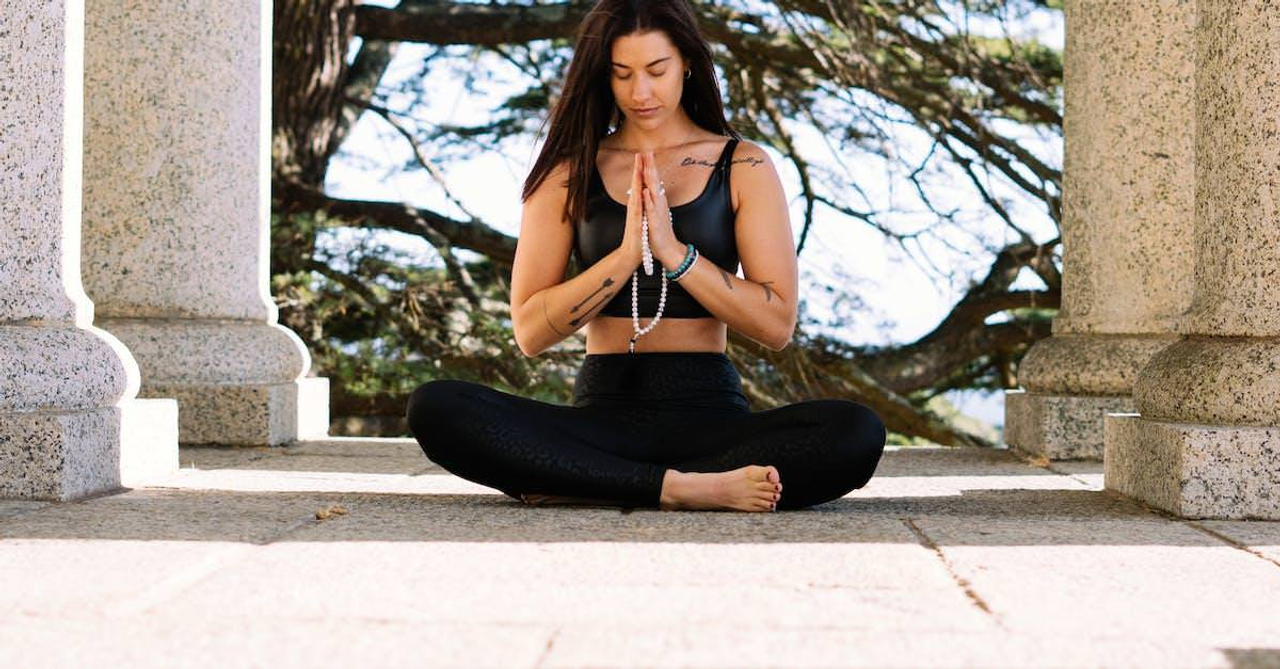Millions of people all over the world deal with stress on a regular basis because of the demands of modern life. It's understandable that many people have trouble keeping their stress levels in check; between work and personal responsibilities, money worries, and health issues, life can be incredibly demanding. Fortunately, there are a number of strategies for dealing with stress in daily life. Here are ten tried-and-true methods for dealing with stress and enhancing your health and happiness. These guidelines can help you manage the stress in your life, whether it's caused by work pressures, financial concerns, or anything else.
Stay Active and Exercising Daily

Keeping active and engaging in regular exercise is one of the best ways to reduce stress. Physical activity releases endorphins, which are chemicals in the body that make you feel good. You will experience increased joy, calm, and vitality as a result.
The risk of developing chronic diseases like obesity, type 2 diabetes, hypertension, and depression is reduced, and sleep quality is enhanced, when people engage in regular physical activity. It helps you concentrate and get more done because it improves your brain power and immune system.
Finding an exercise routine that you can fit into your busy schedule and that you actually look forward to doing is crucial, though. Walking, jogging, yoga, swimming, and dancing are all great examples. The key is to make exercising a habit that you stick to on a regular basis. You can begin by increasing the length and intensity of your workouts from a low to a high level of difficulty. If you have any preexisting health conditions, you should talk to your doctor before beginning any new exercise routine.
One of the best ways to deal with stress is to maintain an active lifestyle and get regular exercise. Putting in the effort now will pay dividends for years to come.
Practice Mindfulness and Meditation

The stress-reduction benefits of mindfulness and meditation are well-documented. Mindfulness is the act of focusing on the here-and-now without attaching any significance to it. It teaches us gratitude for what we have, acceptance of what we cannot change, and the release of destructive emotions. On the other hand, meditating entails taking time out of your day to sit quietly and concentrate on your breathing or a single thought. The effects of stress and anxiety are diminished, and relaxation is promoted.
Spend some time each day meditating by sitting quietly and focusing on your breathing. Focus on your internal experiences and physical sensations without passing judgment on yourself. Mindfulness training can be practiced even during routine activities like dishwashing and tooth brushing. Pay attention to how you feel right now, rather than dwelling on the past or the future.
Guided meditation, silent meditation, and even physical practices like Yoga are all examples of meditation. Find a method that suits you and make it a daily habit. With regular training, you can train your mind to be more calm and focused under pressure.
Mindfulness and meditation are proven methods for reducing stress, improving mental clarity, and bolstering emotional resilience in the face of adversity.
Set Realistic Goals and Prioritize Tasks
Feeling overwhelmed and pressed for time can amplify feelings of stress. Therefore, it is critical to establish reasonable objectives and establish a clear order of importance for completing tasks. To get started, take stock of everything that needs doing and prioritize your to-do list accordingly. Think about which ones are absolutely necessary and which ones can wait. You'll feel less overwhelmed and more capable of tackling the crucial tasks at hand if you take this approach.
Be sure your targets are realistic when setting them. Setting your sights too high is a surefire recipe for disappointment and anxiety. Create a plan to achieve your larger goals by breaking them down into smaller, more manageable tasks. Doing so will give you a feeling of satisfaction and encourage you to keep pushing forward. Keep in mind that the key to stress management is baby steps on the path to a better, healthier life.
Relax and Unwind with a Hobby or Activity
If you've been feeling overwhelmed by stress, it's time to give yourself a break and find a way to unwind. Reducing stress and anxiety can be as simple as taking a break from your routine and doing something you enjoy.
You can try your hand at a wide variety of creative pursuits, from painting and drawing to instrument playing and writing. Not the creative type? Try jogging, gardening, or even yoga and meditation. The trick is to find something you love doing so much that you can lose track of time and your stressful worries when you devote yourself fully to it.
The benefits you reap from participating in a pastime or activity extend beyond the realm of the hobby itself and into other aspects of your life. Therefore, why not prioritize making even a small amount of time each day for your preferred pastime? It has the potential to significantly improve one's emotional and physical health.
Maintain Healthy Relationships and Connections
Keeping in touch with supportive people is one of the best ways to deal with stress. Stress and well-being can both benefit from having a strong social network, as has been shown in numerous studies.
Communication should be a top priority if you want to keep your relationships in good shape. Misunderstandings and arguments can be avoided through straightforward conversation. Equally crucial is engaging in attentive listening, which demonstrates that you care about what the other person has to say.
Having well-defined limits in interpersonal relationships is also crucial. Respecting the needs and boundaries of others requires that you acknowledge your own. Setting limits can help reduce tension and foster appreciation for one another.
Finally, spend as much time as possible with the people you care about. To strengthen bonds and make happy memories, spend time together doing things you both enjoy. Activities can range from going for a walk or trying out a new hobby to simply chatting over coffee.











